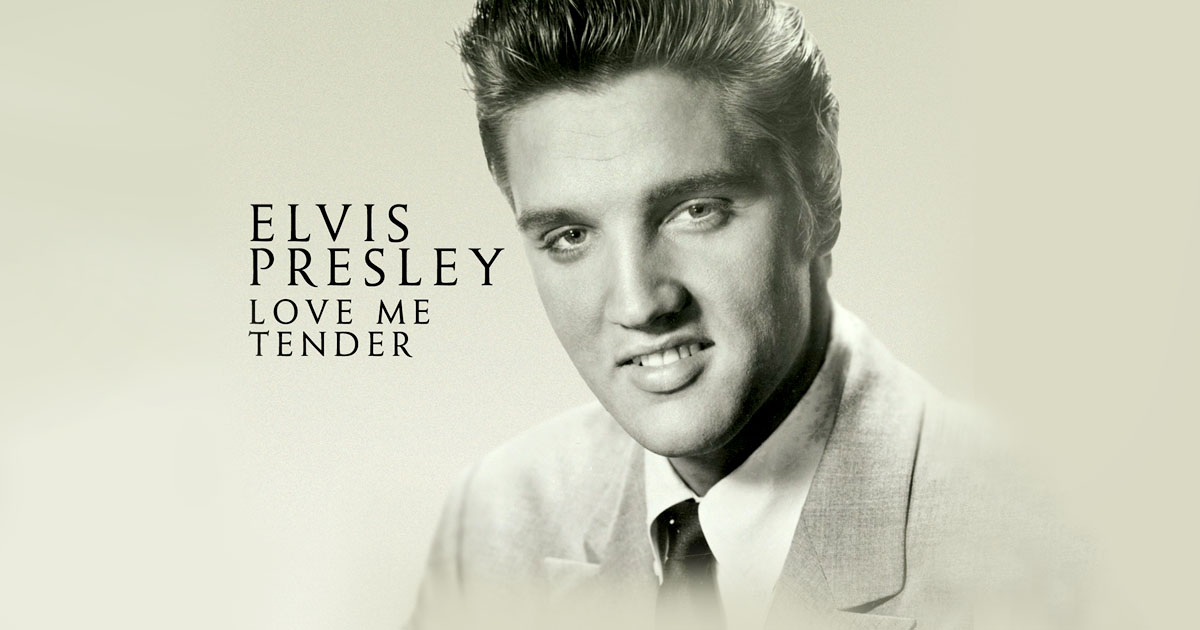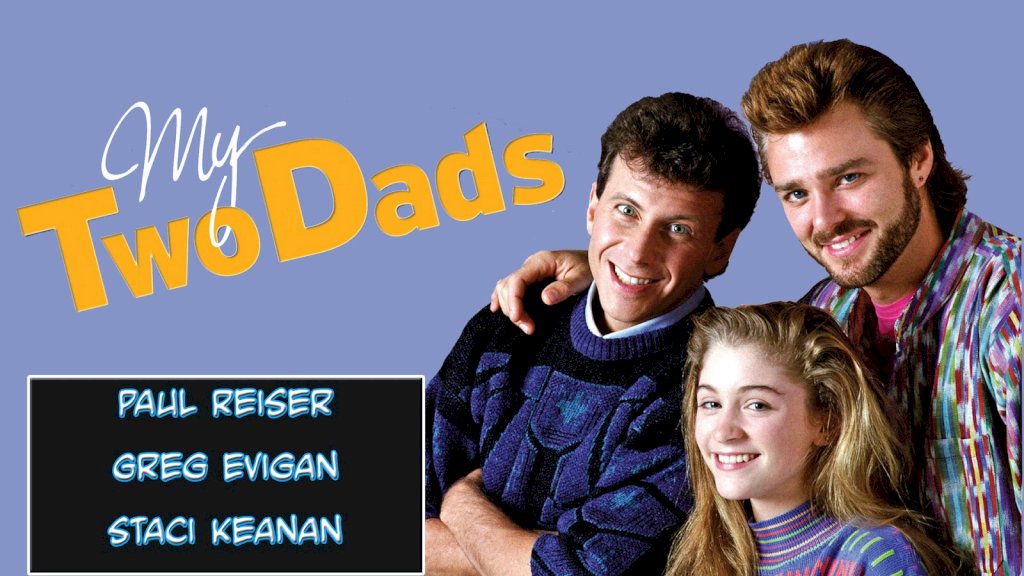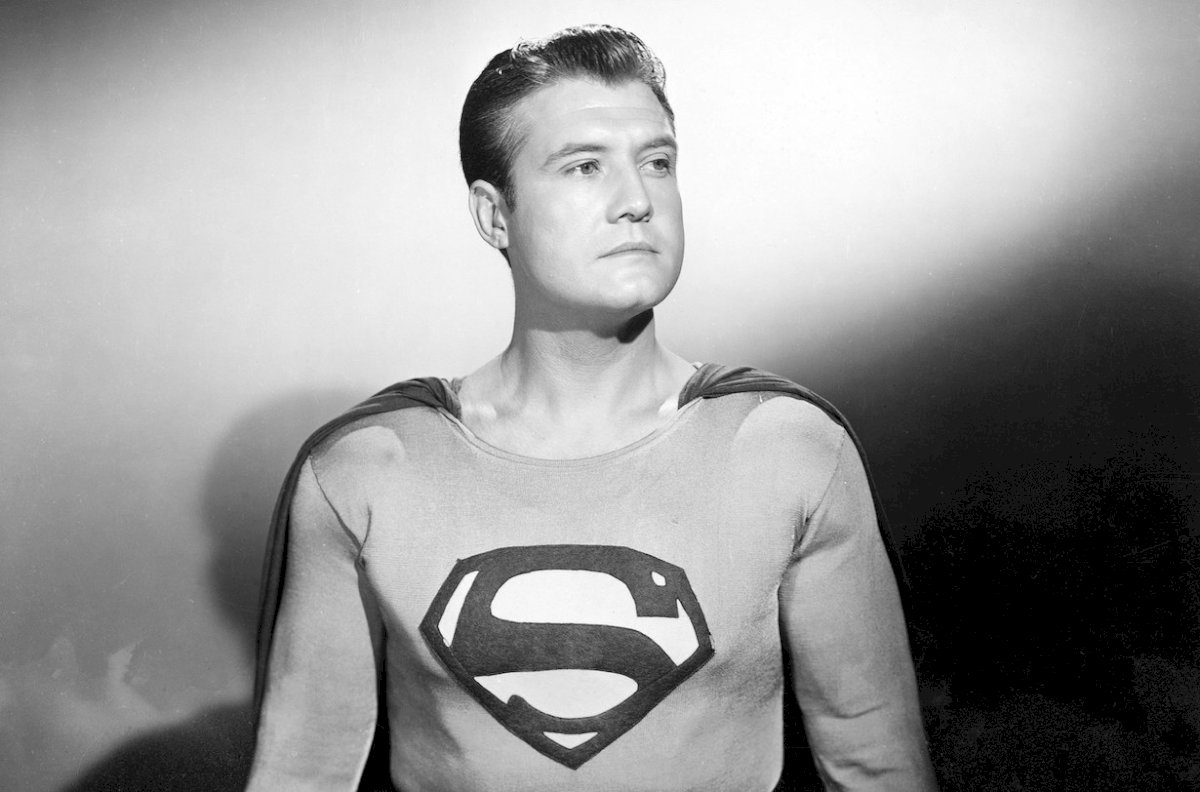"The Lone Ranger" is a legendary American radio and television series that has etched its name into the annals of entertainment history. With its origins in radio drama and its later transition to television, "The Lone Ranger" became an enduring icon of justice and heroism. The story of a masked, silver bullet-wielding vigilante and his loyal Native American companion, Tonto, captured the hearts of audiences and left an indelible mark on the cultural landscape of the 20th century. In this comprehensive exploration, we will dive deep into the origins, evolution, cultural impact, and legacy of "The Lone Ranger." From its inception in radio to its transition onto the small screen, we will unravel the tale of a lone hero who fought for justice in the untamed American West.
(Watch the video below)
Origins and Character Development
The roots of "The Lone Ranger" can be traced back to the 1930s when it began as a popular radio show. The character of the Lone Ranger was introduced in a radio drama titled "The Lone Ranger," which first aired on WXYZ radio in Detroit on January 30, 1933. The show's creators, George W. Trendle and writer Fran Striker, crafted the character of the Lone Ranger to be a symbol of justice, morality, and heroic deeds.

The central figure of the series, the Lone Ranger, was originally named John Reid, a Texas Ranger who survives a brutal ambush orchestrated by the outlaw Butch Cavendish and his gang. Left for dead, John Reid is rescued and nursed back to health by a Native American named Tonto. With his identity concealed by a mask, John Reid becomes the Lone Ranger, dedicated to upholding justice and fighting for the rights of the innocent.
The Lone Ranger's Creed
A defining aspect of "The Lone Ranger" was its adherence to a strict moral code, often referred to as the "Lone Ranger's Creed." This code embodied principles of righteousness, honesty, and compassion. The most famous line of the creed states:
"I believe that to have a friend, a man must be one. That all men are created equal and that everyone has within himself the power to make this a better world. That God put the firewood there, but that every man must gather and light it himself. In being prepared physically, mentally, and morally to fight when necessary for that which is right. That a man should make the most of what equipment he has. That 'this government of the people, by the people, and for the people' shall live always. That men should live by the rule of what is best for the greatest number. That sooner or later... somewhere... somehow... we must settle with the world and make payment for what we have taken. That all things change but truth, and that truth alone, lives on forever. In my Creator, my country, my fellow man."

This creed became the foundation of the Lone Ranger's character, and it emphasized the importance of doing what is right, defending the innocent, and championing justice. The Lone Ranger's unwavering adherence to these principles served as a powerful moral compass that resonated with audiences and made the character an enduring symbol of righteousness.
Clayton Moore as the Lone Ranger

The role of the Lone Ranger was brought to life on the small screen by actor Clayton Moore. Moore's portrayal of the masked hero was iconic, and his distinctive voice and commanding presence made him synonymous with the character. He played the Lone Ranger with a sense of nobility and integrity that endeared him to generations of viewers.
Interestingly, in 1952, Clayton Moore briefly left the show due to a contract dispute. For a short period, actor John Hart took over the role. However, the public's rejection of this change was significant, and the producers eventually resolved the dispute, allowing Moore to return to the role he had become synonymous with.
Tonto: The Lone Ranger's Faithful Companion

Tonto, played by Jay Silverheels, was the Lone Ranger's loyal and resourceful Native American companion. Their partnership showcased mutual respect and camaraderie between two characters from different backgrounds. Tonto's portrayal has been a subject of scrutiny over the years due to concerns about cultural representation and stereotypes. While the character embodies some of the stereotypes of the time, Jay Silverheels brought depth and dignity to Tonto's role, elevating the character beyond mere caricature.
The Lone Ranger's Signature Catchphrase

Another enduring aspect of "The Lone Ranger" was the hero's signature catchphrase, which became one of the most recognizable lines in television history. Whenever the Lone Ranger rode away after helping someone, the grateful townspeople would ask, "Who was that masked man?" The response, delivered in a commanding voice, was always, "Hi-Yo, Silver! Away!" The words became synonymous with the show and added to the Lone Ranger's mystique.
Episodic Structure and Themes

"The Lone Ranger" followed a highly episodic structure, with each episode featuring a self-contained story. The Lone Ranger and Tonto would arrive in a new town, face an injustice or threat, and work together to set things right. The show explored themes of justice, redemption, forgiveness, and the triumph of good over evil. Each episode typically concluded with the Lone Ranger and Tonto riding off into the sunset, ready to bring justice to the next town.
Cultural Impact and Enduring Legacy

"The Lone Ranger" made an undeniable impact on popular culture, becoming a cultural phenomenon during its run. It inspired numerous merchandise, including action figures, comic books, toys, and even a successful series of novels. The show also had a profound influence on subsequent western-themed television series and films.
The character of the Lone Ranger has become a timeless symbol of heroism and morality. The theme music, composed by Fred Steiner and later adapted from Gioachino Rossini's William Tell Overture, is instantly recognizable and forever associated with the masked hero. The Lone Ranger's creed, emphasizing values of integrity and responsibility, has left a lasting impression on generations of viewers.
The Legacy of "The Lone Ranger" in Modern Times

While the original television series concluded in 1957, the legacy of "The Lone Ranger" lives on. The character has been adapted into various forms of media over the years, including feature films, animated series, and comic books. In 2013, Disney released a big-budget film adaptation starring Armie Hammer as the Lone Ranger and Johnny Depp as Tonto.
However, the film adaptation received mixed reviews and was met with a lukewarm response at the box office. Despite the challenges faced by modern adaptations, the original television series remains a timeless classic cherished by fans around the world.
Conclusion
"The Lone Ranger" is a legendary television series that left an indelible mark on American pop culture. With its strong moral values, thrilling adventures, and iconic masked hero, the show captivated audiences during its eight-year run and continues to resonate with viewers today. The Lone Ranger's unwavering commitment to justice, encapsulated by his creed, has made him a symbol of righteousness and a timeless icon of the Wild West. As the Lone Ranger and Tonto ride into the sunset, their legacy lives on in the hearts of those who continue to embrace the values they represent. Hi-Yo, Silver! Away!



